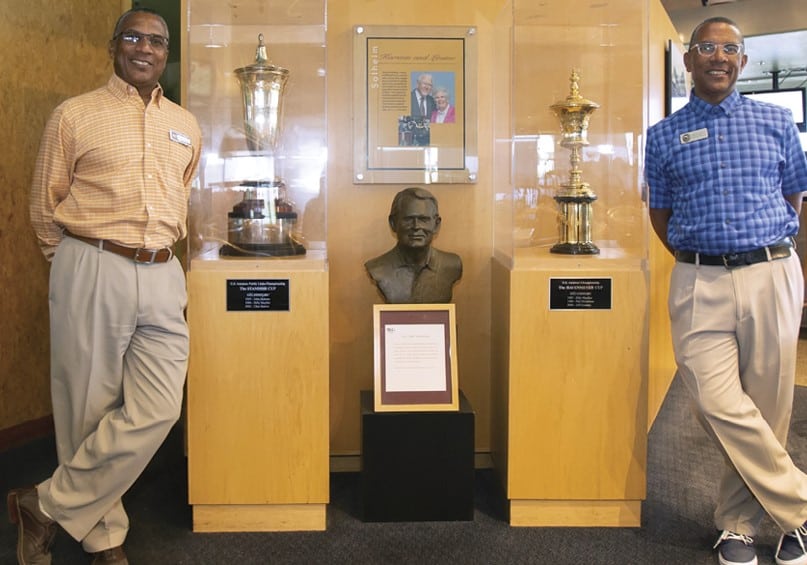GGA Partners and the Canadian Society of Club Managers Renew Platinum Level Corporate Partnership
TORONTO, Ontario (December 21, 2020) – GGA Partners (GGA) and the Canadian Society of Club Managers (CSCM) are pleased to announce the renewal of their strategic partnership to produce research and insights for the benefit of the CSCM members and the club industry at large. The CSCM Corporate Partner program recognizes industry partners that share the values of the CSCM and offer members support as leaders in the club management profession in Canada.
The CSCM and GGA have enjoyed a history of collaborative research and investigative solutions. GGA and the CSCM have worked to establish baseline data on clubs perceptions/views since their formal partnership began in 2018.
“CSCM’s new strategic framework will be introduced to the membership by the end of 2020. Research and insights will continue to be an integral part of our approach to the Canadian club industry,” explained “Kimberley Iwamoto CCM, CCE, CSCM president. “We are thrilled that GGA Partners will continue on this journey with the CSCM.”
The CSCM’s vision is to create great leaders through excellence in professional club management and its mission is to promote and develop the profession of club management. The CSCM offers a variety of programs and services in response to member needs and expectations including the certification program leading to the Certified Club Manager (CCM) designation, career opportunities, and a networking forum for executives and managers involved in club management.
GGA is committed to club management and helping facilitate key elements of the CSCM’s provision to provide research, resources, and education to its members. “The role of club managers is diverse, they need to be resilient as 2020 has shown.” said GGA partner Derek Johnston. “Working with the CSCM to create valuable research and insights is rewarding and the addition of the COVID-19-specific research seemed to really help this year.”
About The Canadian Society of Club Managers
Established in 1957, CSCM is the national professional society representing the club management profession in Canada. Of our approximately 600 members, over 70% are from golf clubs, and the remainder from a variety of city, recreation, fitness, curling and other types of clubs.
The Society’s members hold position titles that include General Manager, Chief Executive Officer, Chief Operating Officer as well as Assistant Manager, Clubhouse Manager, Controller and Food and Beverage Manager. For more information please visit cscm.org.
About GGA Partners™
GGA Partners is an international consulting firm and trusted advisor to many of the world’s most successful golf courses, private clubs, resorts, and residential communities. We are dedicated to helping owners, asset managers, club and community leaders, investors and real estate developers tackle challenges, achieve objectives, and maximize asset performance.
Established in 1992 as the KPMG Golf Industry Practice, our global team of experienced professionals leverage in-depth business intelligence and proprietary global data to deliver impactful strategic solutions and lasting success. For more information, please visit ggapartners.com.
Media Contacts:
Derek Johnston
GGA Partners
905-726-0701
derek.johnston@ggapartners.com
Suzanne Godbehere
The Canadian Society of Club Managers
416-979-0640 x242
sgodbehere@cscm.org












